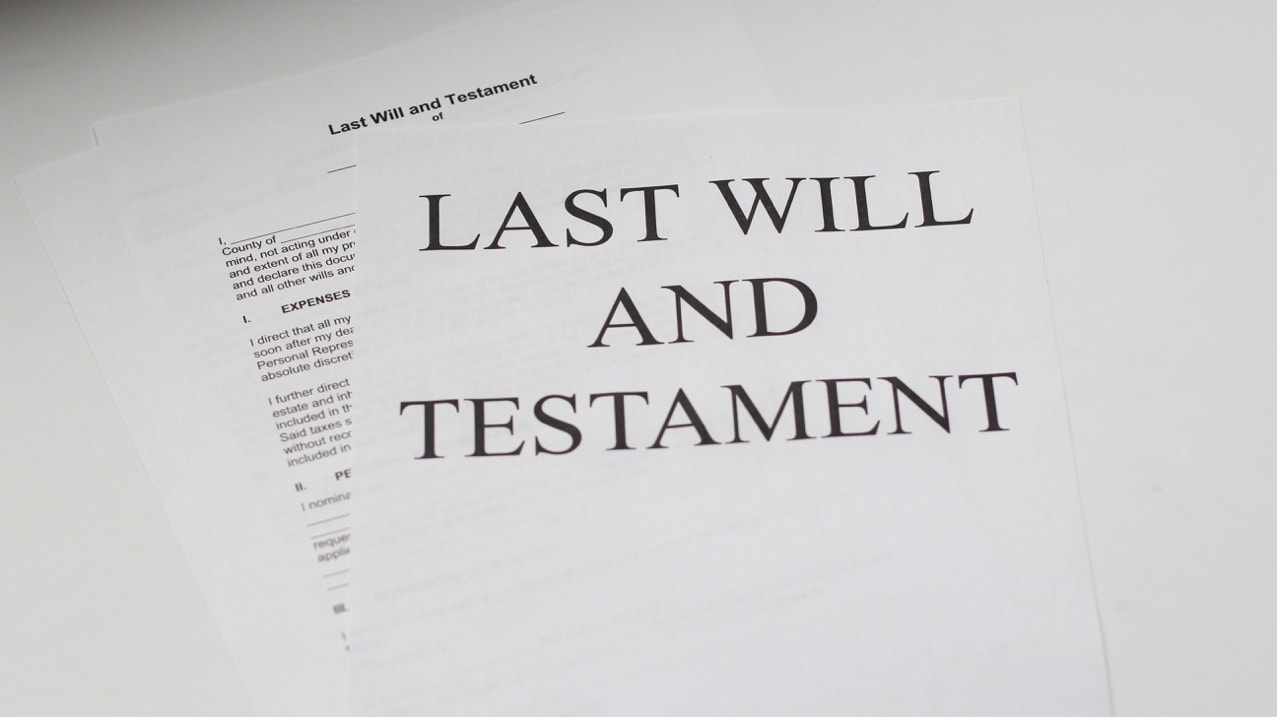Most individuals believe the attorney and will executor have the same job. However, an attorney and a will executor are two different roles often involved in the probate process. However, they have distinct responsibilities and functions.
An attorney is a licensed legal professional who provides legal advice and representation to clients. In the probate context, an attorney may advise the personal representative (executor) on their legal responsibilities, help them navigate the probate process, and represent them in court if necessary.
On the other hand, a will executor is a person named in a will to manage the deceased person’s estate and distribute their assets according to the terms of the will. Let’s examine the key differences between an attorney and a wall executor.
The Key Differences Between an Attorney and Will Executor
Attorney
An attorney can be very important in the probate process in Nevada for several reasons:
Legal expertise: Attorneys are trained legal professionals familiar with the laws and regulations governing probate in Nevada. They can advise the personal representative on their legal responsibilities, help them navigate the probate process, and represent them in court if necessary.
Objectivity: An attorney can provide a neutral perspective. It helps the personal representative make decisions in the best interest of the estate and all the beneficiaries.
Time and cost savings: They have extensive experience handling probate cases and can often handle the process more efficiently, saving time and money for the estate.
Protection from liability: Your attorney can help the personal representative avoid mistakes resulting in personal liability.
The case’s complexity: Probate can be complex, especially when there are disputes among beneficiaries or if the estate is large and has multiple assets that need to be distributed. An attorney can help navigate these complexities and ensure everything is handled correctly.
Handling disputes: An attorney can help resolve disputes that may arise during the probate process, such as contesting a will or settling disputes over the distribution of assets.
Case representation: Attorneys can represent the personal representative in court, if necessary, which can be important if the probate case is contested.
Tax planning: They can help with tax planning and compliance, ensuring that the estate is handled in a tax-efficient manner and that any necessary tax returns are filed correctly.
An attorney provides legal advice and representation, while a will executor is responsible for administrating the deceased person’s estate and carrying out the will’s instructions. It’s possible for an attorney also to be the will executor, but it is not a requirement. In most cases, the executor is a family member or friend of the deceased person.
Executor
An executor is also known as a personal representative. They are individuals named in a will to manage the deceased person’s estate and distribute their assets according to the terms of the will. The executor’s role is primarily administrative.
Legal authority: The executor has the legal authority to manage and distribute the estate’s assets.
Carrying out the will’s instructions: An executor is responsible for carrying out the will’s instructions.
Identifying and collecting the assets: They are liable for identifying and collecting all of the estate’s assets.
Paying off debts: An executor is reliable for paying off any estate debts.
Notifying beneficiaries and creditors: They are the right person to appoint as they will notify beneficiaries and creditors of the estate.
Arranging for the distribution of assets: An executor will arrange for the distribution of assets to the beneficiaries.
Filing any necessary tax returns: They will file any necessary tax returns on behalf of the estate.
Keeping accurate records: They are known to keep accurate records of all transactions related to the estate.
Representing the estate in court: An executor might be required to represent the estate in court and deal with any legal matters.
The executor manages the deceased person’s estate and distributes the assets according to the will’s instructions. They play a vital role in certifying that the probate process runs smoothly and that the beneficiaries receive their inheritance promptly.
It is not required to have an attorney in Nevada to handle a probate case. Still, it’s generally a good idea to have one, particularly if the case is complex or there is potential for disputes among the beneficiaries.
If you want to discuss your loved one’s estate, in that case, you can contact the Nevada probate attorneys at the Bourassa Law Group. We can provide highly individualized estate planning services to help you avoid probate.
Call us at (800)870-8910 for a FREE consultation!





